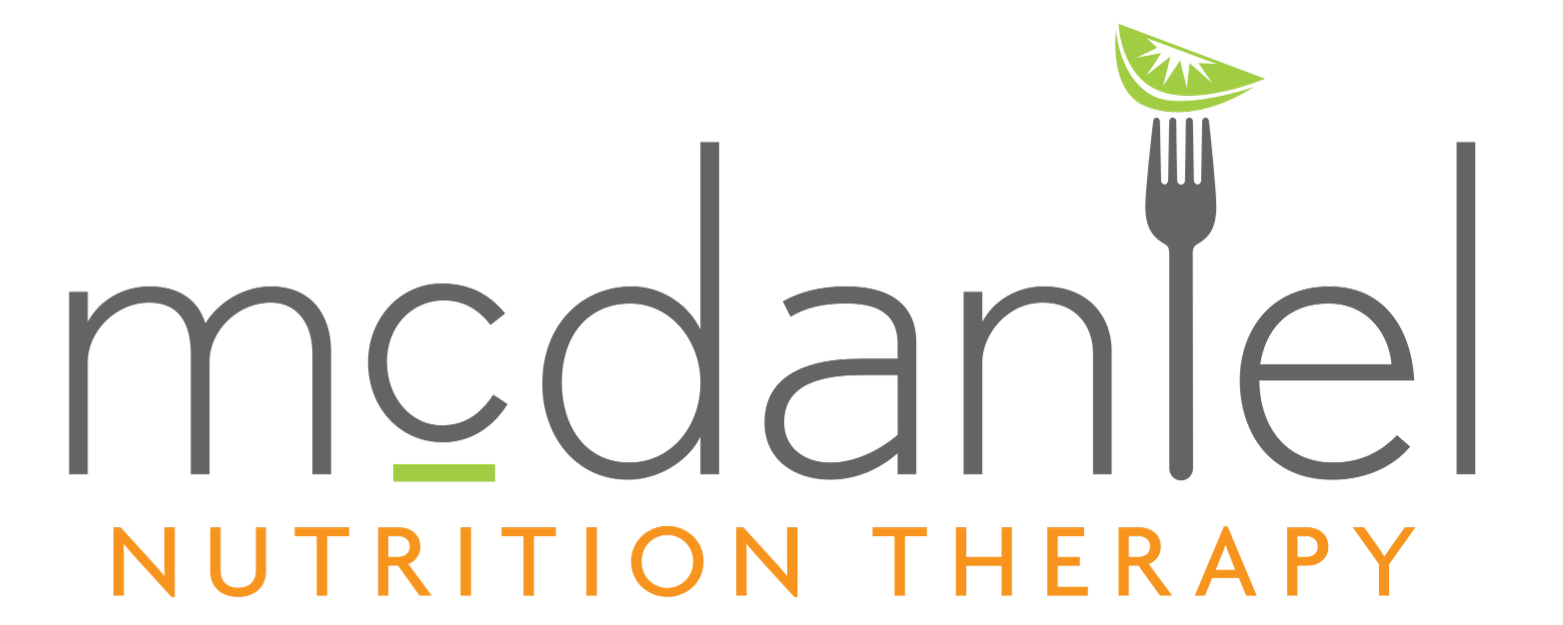As I write this newsletter, I’m immersed in one of my most cherished rituals—a part of the day I covet and protect. It includes my red robe, my dog, quiet, a good book, and, of course, my 16 ounces of black coffee. No more, no less. If I drink an ounce over or under, my body protests: jitters if it’s too much, a headache if it’s too little.
I’m incredibly sensitive to caffeine.
I prepare my coffee the night before, setting up the machine with 8 tablespoons of coffee to 8 cups of water. When I wake up, after “putting in my eyes” (a phrase my contact lens wearers will appreciate), I head straight to the coffee maker, press the button, and feed my two cats and one dog while it brews.
Coffee is my beloved, and I know I’m not alone.
Mel Robbins and the Coffee Rules Debate

The other day, I stumbled upon a post from podcast host and author Mel Robbins. She was sharing advice on how and when we should drink our coffee—complete with a warning to always drink a full glass of water first. Intrigued, I kept scrolling.
A few hours later, my sister texted me, unprompted: “Does Mel Robbins even have the credentials to tell me how to drink my coffee?”
My answer? No.
This moment encapsulated one of the many reasons I’ve been tempted to log off social media for good. The platforms are flooded with unregulated, misinformed influencers dispensing advice that sounds authoritative but lacks a foundation in science. I get it—it takes time to do proper research!
So today, I’m diving into the “right way” to drink coffee. Spoiler: there’s no one-size-fits-all answer. My main takeaway?
Don’t screw with the rituals that bring you joy.
Have you heard the phrase “don’t yuck my yum”? We use it in parenting sometimes. Well, Mel, don’t yuck my coffee buzz.
The Science Behind Coffee Myths
If you’re still here for the science, let’s address some common coffee myths. For this, I turned to the work of Brady Holmer, a researcher with a Master’s in Human Performance who has well summarized much of the (science-based) evidence on these topics.
- Does coffee dehydrate you? Should you drink water first?
- Should you wait an hour or two after waking up to drink coffee?
- Is coffee good or bad for your heart?
- How much is too much?
1. Does coffee dehydrate you? Should you drink water first?
Ever heard the phrase “the dose makes the poison”? This applies to coffee. You’d have to drink about 500 mg of caffeine in one sitting—roughly five cups of coffee—for it to have a diuretic effect. Below that amount, there’s no significant increase in urine output.
Plus, let’s not forget: coffee is made with water. The National Academy of Medicine even states that caffeinated beverages like coffee and tea can contribute to your daily hydration needs.
2. Should you wait an hour or two after waking up to drink coffee?
This advice, often linked to managing cortisol levels and optimizing energy, is popular among the Tik Tok or Instagram influences – but is not entirely supported by science. Let’s break it down:
- Cortisol: While caffeine does increase cortisol levels, this effect is negligible in chronic coffee drinkers. There’s no evidence that morning caffeine alters the natural cortisol release throughout the day.
- Adenosine: Adenosine, a molecule that promotes feelings of tiredness, is typically at its lowest in the morning and gradually accumulates throughout the day as a natural byproduct of cellular activity. Caffeine helps us feel more alert by binding to adenosine receptors, temporarily blocking adenosine’s effects. However, delaying caffeine intake does not stop adenosine from building up over time—this is a common myth without scientific backing.
While delaying coffee might sound like a good idea to align with cortisol rhythms or adenosine patterns, the science doesn’t strongly support these claims. If drinking coffee right after waking up is part of your cherished routine and doesn’t leave you feeling overly jittery or exhausted later, there’s no need to change it. Listen to your body and do what works best for you!
3. Is coffee good or bad for your heart?
This one is close to my heart (pun intended). In my private practice, we use genetic testing to understand many traits of health (shameless plug) and one of those can determine whether someone is a fast or slow caffeine metabolizer. Slow metabolizers may have a slightly higher risk of heart issues or elevated blood pressure with excessive caffeine intake. Fast metabolizers, however, appear to have no heightened risk.
Yes, caffeine can temporarily raise blood pressure, but moderate consumption (200–400 mg per day) has been linked to a reduced risk of stroke, heart failure, and type 2 diabetes.
How much does one cup of brewed coffee contain? ~100-130 mg of caffeine/8 oz.
4. How much is too much?
For most people, caffeine levels peak in the body about an hour after consumption and are metabolized by half within five hours. This means caffeine’s effects can linger for up to 10 hours, depending on factors like genetics, food intake, and medications. This is one of the reasons I gave up my afternoon green tea. I could feel a heavy mid afternoon slump hit. Since I’ve gone caffeine free mid-day, energy levels have leveled out.
If you’re sensitive to caffeine, like me, finding the right amount is a matter of trial and error. I’ve learned that 16 ounces of coffee is my sweet spot, and I *try to respect that boundary.
Final Thoughts
At the end of the day, coffee (as well as any other personal food choice!) is deeply personal. It’s more than a drink—it’s a ritual, a moment of comfort, and for many of us, a way to start the day with joy.
So, drink your coffee however you like. Add cream, skip the water, drink it the second you wake up, or wait an hour. Just don’t let anyone—whether it’s an influencer or a scientist—take the joy out of your cup.

